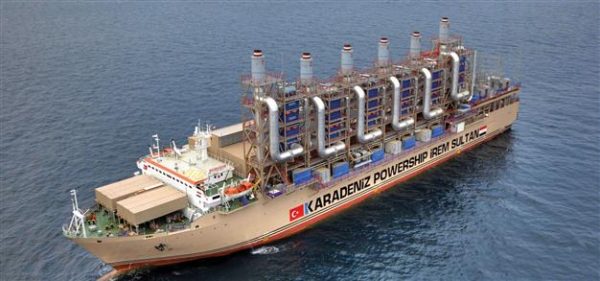
BEIRUT – Lebanon’s parliament is next week expected to approve over $400 million in extra-budgetary spending on fuel, the finance minister said on Monday, a move that should ease a power supply crisis but will add to a gaping budget deficit.
With no sign of a final deal to form a national unity government led by Prime Minister-designate Saad al-Hariri, Parliament Speaker Nabih Berri has called a legislative session for next Monday and Tuesday to process urgent laws.
Members of the caretaker government led by Hariri said fuel supplied by Algeria’sSonatrach and aboard two ships anchored off the Lebanese coast would be offloaded, avoiding the need for more power cuts.
The fuel was being handed over on the promise that parliament would meet next week and authorise payment, Finance Minister Hassan Ali Khalil told Reuters.
Khalil said subsidised state power provider Electricite du Liban (EDL) needed an extra 642 billion Lebanese pounds ($430 million) above the 2,100 billion ($1.4 billion) allocated in the 2018 budget to cover fuel needs for the rest of the year.
He said he was unwilling to implement extra-budgetary spending without parliamentary approval.
EDL said on Saturday it reduced power production by 320MW last week and said if a solution to the fuel payment was not found it would have to gradually shut down power plants.
It said the need for extra funds had been caused by this year’s rise in oil prices.
Energy and Water Minister Cesar Abi Khalil said the problem had been resolved and fuel would start to be unloaded from ships on Monday, avoiding the need for additional power cuts.
The number one priority for a new government is to reduce the twin budget and current account deficits and tackle the country’s debt, which stands at more than 150 percent of GDP.
The first step on this path should be reforming the electricity sector, the World Bank says, describing EDL subsidies as a “staggering burden” on national finances.
Last year the government spent $1.3 billion on EDL – 13 percent of primary expenditure.
At a meeting of international donors in April in Paris, where more than $11 billion of investment was pledged in return for reforms, Hariri promised to reduce the budget deficit as a percentage of GDP by 5 percent over five years.
(Reuters)

Leave a Reply
You must be logged in to post a comment.